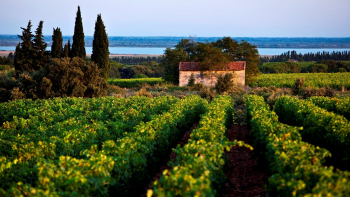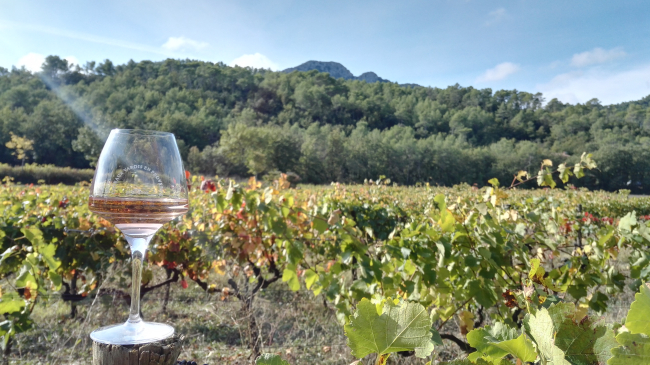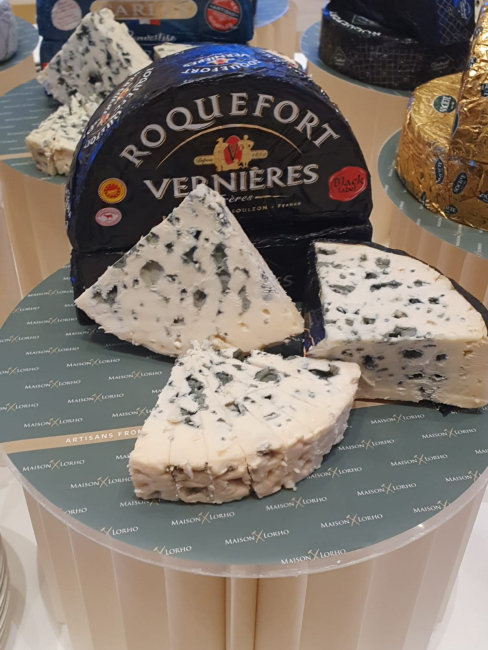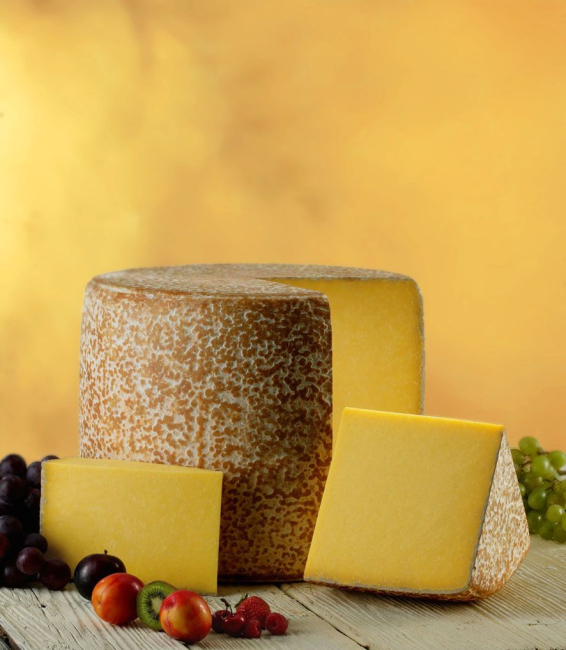News
A look back at the Comité national des appellations d'origine viticoles September 11, 2024
The INAO's Comité national des appellations d'origine relatives aux vins et aux boissons alcoolisées, et des boissons spiritueuses of September 11, 2024 is illustrative of the main issues currently being discussed at the INAO in the face of contemporary challenges facing the wine industry: market segmentation, climate change, societal expectations. The main issues studied bear witness to the collective mobilization of the industry to adapt.

Several dossiers have been submitted to deal with adaptations to climate change:
With regard to delimitation, the national committee has had to study the first request to modify the delimitation as a result of climate change.
This is the dossier for the AOP Côte Roannaise which includes 14 communes and 32 operators. The ODG of the "Côte Roannaise" AOC has just requested a revision of its delimitation, motivated by 2 observations: the development of urbanization, which has rendered part of the currently classified land unusable; and climate change, which is making it more difficult to produce the fruity, lively wines that characterize the appellation.
For this 2nd aspect, it has been noted that repeated droughts and episodes of early budburst are complicating local viticulture, as the natural degrees of the wines are higher. With this in mind, the ODG is requesting a review of the delimitation criteria for its parcel area, with a view to favouring cooler situations by playing on orientation and altitude. The standing committee of the national committee has appointed a commission of inquiry to investigate this request, which is fully in line with the appellation's sustainability perspective.
On this occasion, it was recalled that the wine industry's scientific and technical council, led by the IFV, has been asked by the INAO for an expert appraisal on the "delimitation and climate change" issue, the conclusions of which are expected shortly.
Introduction of Varieties of Interest for Adaptation (VIFA)
Requests for the introduction of VIFAs are being pursued by the national committee, given that VIFAs are now used in the majority of winegrowing basins. Thus, the AOP "Costières de Nîmes"has requested to modify its specifications to introduce 5 grape varieties as VIFAs, as well as on the introduction of two agro-environmental provisions. The national committee voted to launch a national objection procedure (PNO) for the specifications, and to approve them in the absence of objection. The addition of VIFAs for the AOC "Alsace" and AOC "Crémant d'Alsace" was also voted to put into PNO.
Decarbonation
The committee validated a follow-up assessment system (DEI) in theAOC "Cognac" sector: this procedure enables small-scale testing of changes to certain points in the specifications, while still claiming the sign, and thus innovation within the SIQO.
In Cognac, this involves testing new steam heating methods using external heat exchangers. The technical elements of the system have been validated: description of the equipment to be evaluated, monitoring protocol. In particular, the aim is to show that this type of still can be used by all types of distiller, and not just a few large distilleries, since AOC Cognac is one of the spirits sectors with the largest number of stills and small distillers, and this diversity is one of the factors contributing to the quality of this blended eau de vie. The national committee voted in favor of the draft convention and evaluation protocol, and the advisability of implementing the national objection procedure relating to the modification of the specifications.
Also voted in favor were modifications relating to the packaging of AOC "Alsace" and AOC "Alsace grand cru".
De-alcoholization
AOP "Luberon", AOP "Ventoux": the request to experiment with a method of partial evaporation of alcohol contained not in wine but in must during fermentation was presented to the national committee in order to reduce alcohol content. As this method is not authorized by European regulations, nor recognized by the OIV, it should be the subject of an experiment monitored by the INAO. The National Committee has approved the launch of the experiment.
Finally, the plan for the adaptation of Mediterranean agriculture to the impacts of climate change has been presented so that PDOs can mobilize around this initiative.
Several dossiers also present changes in practices favorable to the environment.
A 2nd DEI has thus been validated for the AOP "Alsace" or "Vin d'Alsace", AOP "Crémant d'Alsace", AOP "Alsace grand cru"- The ODG's request concerns the integration of an innovation assessment system for the AOC "Alsace" and AOC "Crémant d'Alsace" relating to degradable soil covering techniques to combat weeds.
In addition, the AOP "Champagne", AOP "Coteaux Champenois", AOP "Rosé des Riceys"wished to modify the three specifications of the provision in force relating to the ban on the use of pre-emergence herbicides in the inter-row (a new grape variety: pink Chardonnay, was also introduced). The national committee voted in favor of the three specification modifications and the launch of national objection procedures.
With regard to market segmentation, an emblematic dossier was approved
This was the approval of the application for recognition as a "Laudun" PDO of the PDO "Côtes du Rhône Villages - DGC Laudun"- The National Committee voted favorably on the recognition of this PDO, the culmination of work undertaken since 2013, part of the hierarchical process implemented within the regional appellation "Côtes du Rhône".
Finally, there are several other dossiers to note:
- An application for recognition of a transnational cider in the French and Spanish Basque Country "Euskal Sagardoa / Sidra Del País Vasco / Cidre Du Pays Basque/ Cidre Du Pays Basque - Euskal Sagarnoa" - The National Committee voted in favor of the application for PDO recognition and ruled in favor of the advisability of a national procedure for opposition to the specifications following the modifications made and subject to no opposition.
- PDO "Champagne", PDO "Coteaux Champenois", PDO "Rosé des Riceys"- The requests to amend the specifications voted for the national objection procedure concern in particular the introduction into the "Champagne" specification of a provision relating to the presentation of wines (confirmation of the obligation to affix a cap).
- Harvest: the national committee has studied the initial feedback from the CRINAOs concerning requests for yields and harvest values for the 2024 harvests. These yields will be voted on at the national committee meeting in November 2024.
Press release
CP : Comité national des appellations d'origine viticoles du 11 septembre 2024
Consulter le communiqué de presse de l'INAO
All the latest news on SIQO sustainability
The Comité national des appellations d'origine relatives aux vins et aux boissons alcoolisées, et des boissons...
News

News
As part of the centenary celebrations for the Roquefort PDO, a round-table discussion on GI policy in Europe was held at...
News

News
The INAO's Délégation territoriale Auvergne-Limousin is organizing another regional meeting with local ODGs on Thursday...
News

News
